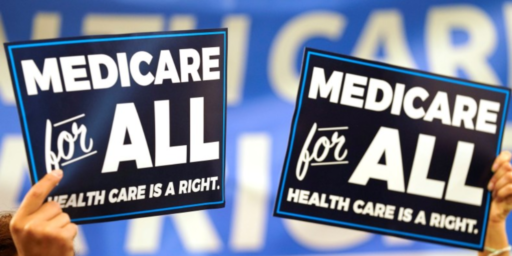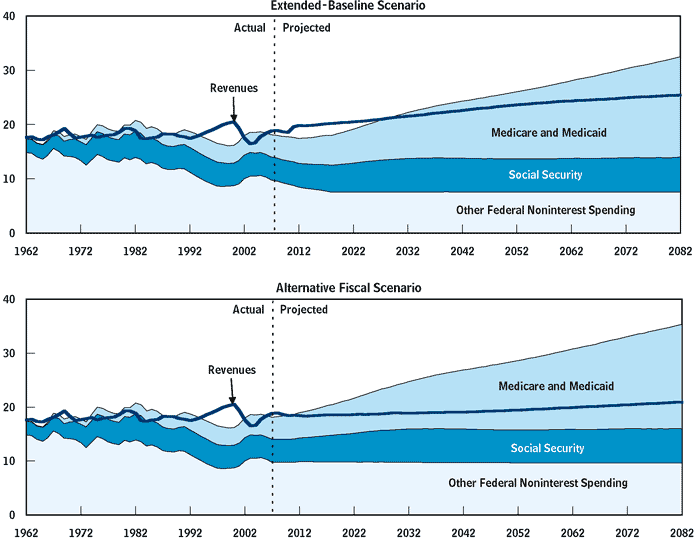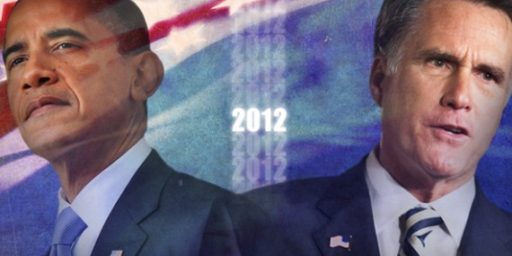BIGGEST ELECTION SINCE 1932
George Will makes a rather startling claim:
This may be the most nation-shaping election since 1932, not only — or even primarily — because of the parties’ foreign policy differences. Those differences, about sovereignty, multilateralism, preemptive war and nation-building, concern vital fundamentals. But 2004 may secure the ascendancy of one of two radically different ideas of the proper role of government and the individual’s proper relationship to it.
This will be the first election since candidate George W. Bush made explicit in 2000 what had become implicit in conservatives’ behavior. As recently as the 1994 congressional elections, Republicans had triumphed by preaching small-government conservatism, vowing to abolish four Cabinet-level departments, including Education.
By 2000 conservatives knew that even Americans rhetorically opposed to “big government” are, when voting, defenders of the welfare state. Social Security and Medicare are the two most popular and biggest components of government (together, a third of federal outlays and rising as the population ages).
Candidate Bush promised to strengthen the New Deal’s emblematic achievement (Social Security) and to add a prescription drug entitlement to the Great Society’s (Medicare). Since 2001 he has increased federal spending 48 percent on K-12 education.
Today “strong government conservatism” — “strong” is not synonymous with “big” — is the only conservatism palatable to a public that expects government to assuage three of life’s largest fears: illness, old age and educational deficits that prevent social mobility. Some conservatives believe government strength is inherently inimical to conservative aspirations. This belief mistakenly assumes that all government action is merely coercive, hence a subtraction from freedom. But government can act strongly to make itself less controlling and intrusive, enacting laws that offer opportunities and incentives for individuals to become more self-sufficient.
Today, as for two centuries, the left-right divide is defined by different valuations of equality and freedom. Liberals favor expanding government controls, shrinking the sphere of freedom of choice, to promote equality — equal dependence on government-provided education, health and pension entitlements.
Conservatives say this produces a culture of dependency. It diminishes individual competence and dignity and impedes the progress that results from competing social alternatives — in education, health care and pensions. Conservatives say inequalities of outcomes are manifestations of freedom and prerequisites for progress.
It seems that every election I can remember is the most important, ever. They rarely are. Given the narrowness in the Senate, which means fillibusters or outright defeats will thwart any big moves on the part of whomever is elected in November. This includes the ability to make a huge impact on the Supreme Court by appointing anyone to the bench that’s even remotely controversial.






Alas, I have to disagree with Mr. Will, and agree with you. I think that “importance” might be something you can only judge many years later, and then only in terms of some specific scope. From any other perspective, they’re all important, and because this is the one you have before you now, the current one is the most important…
—